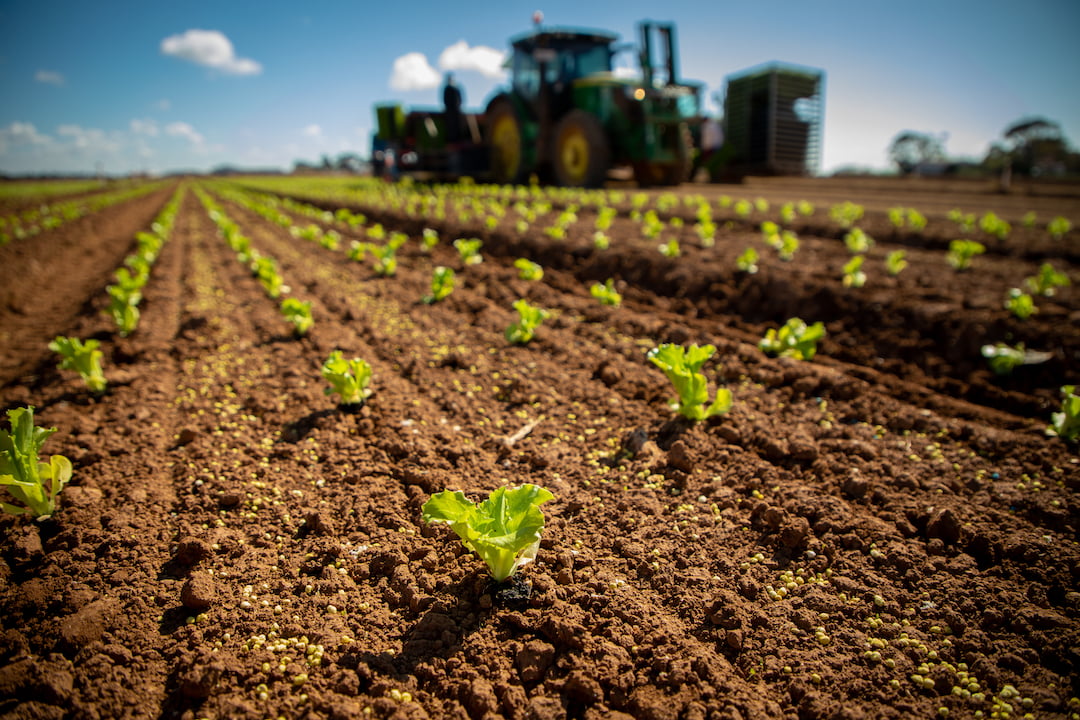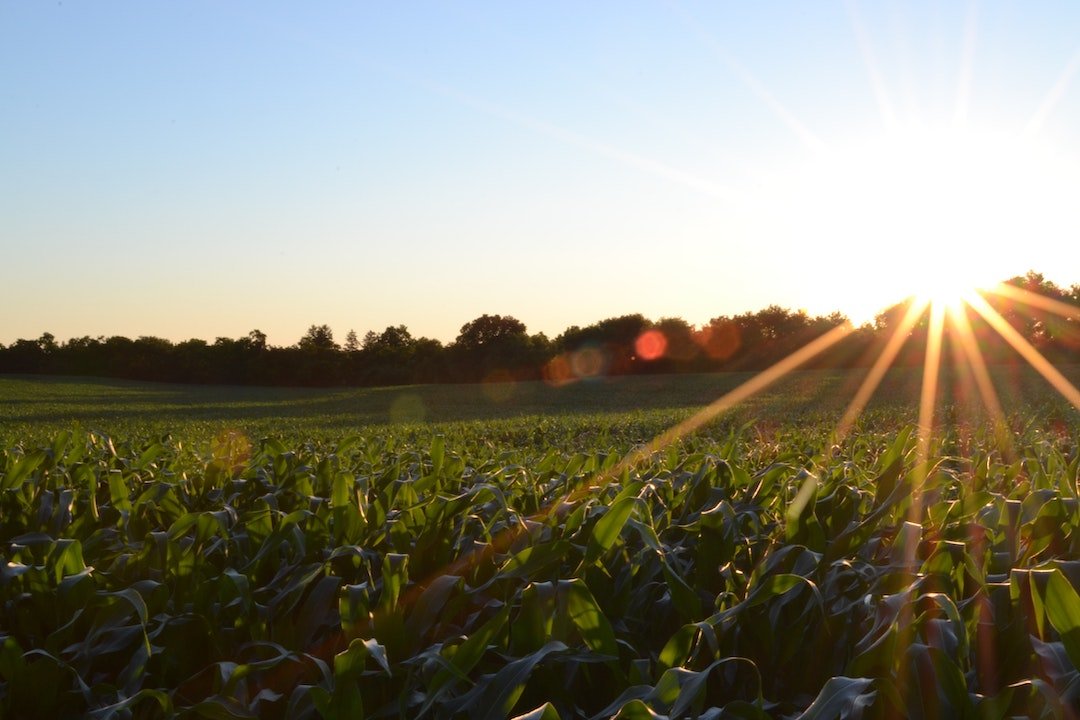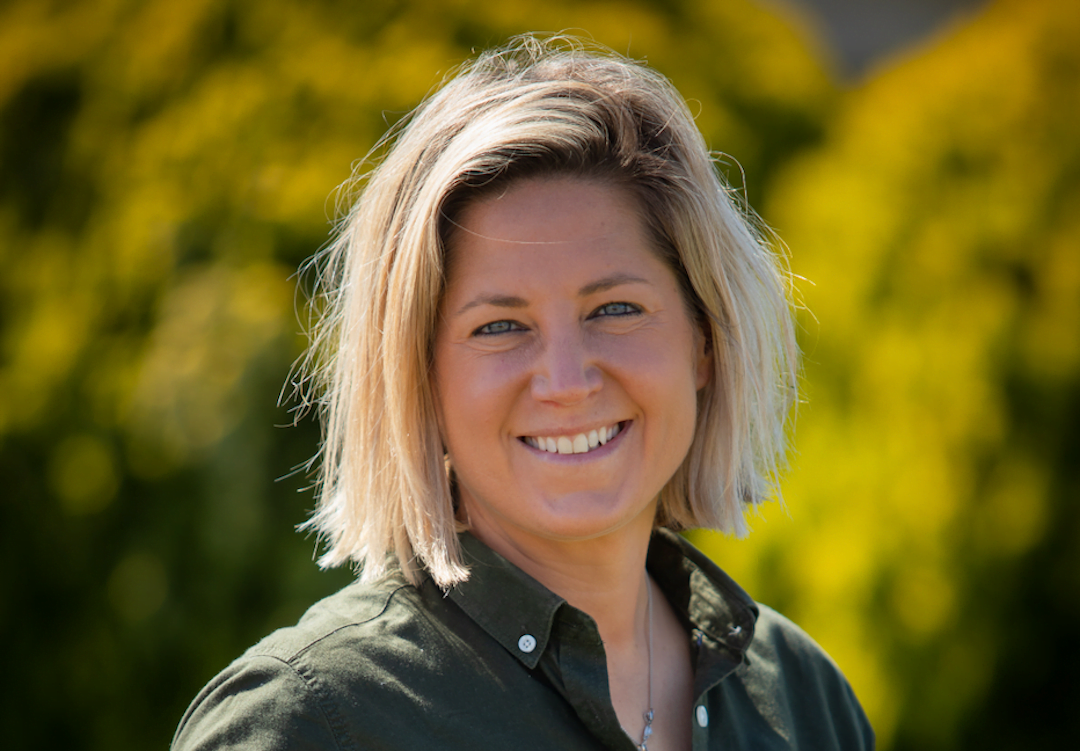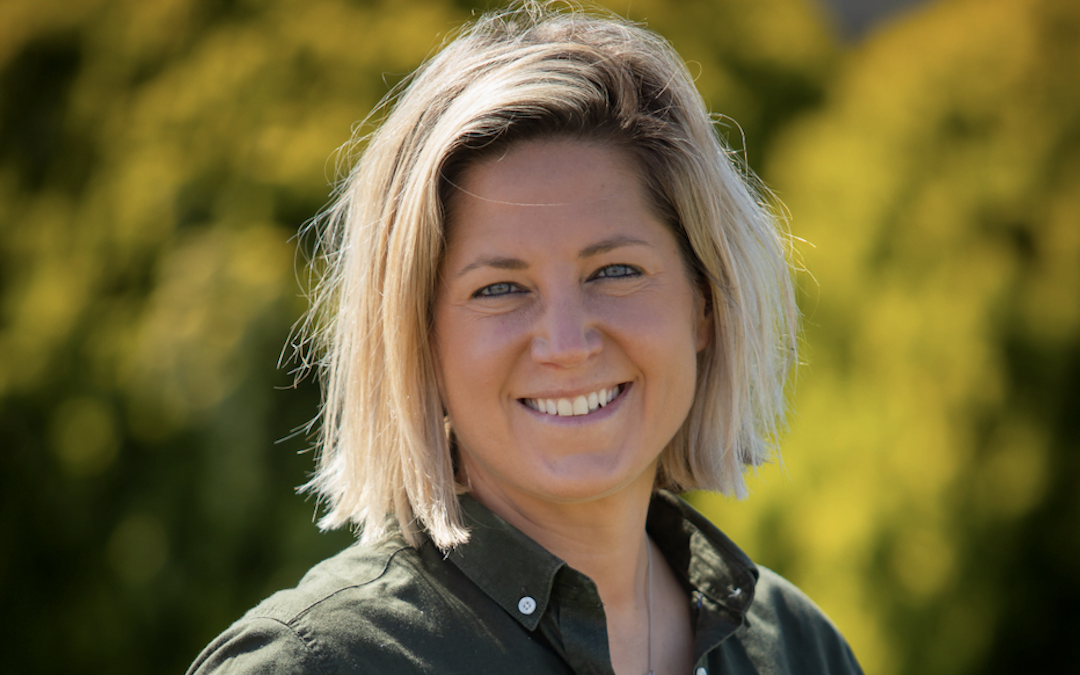Catherine and the team at Velisha Farms are hoping to change the conversation around ‘perfection’.
Alongside Farmers Pick, they’re championing a more realistic approach to horticulture, emphasising taste over appearance. We chatted to her about family, business, and how the industry has changed over time.

Velisha Farms
Are you a first-generation farmer, or has it run in the family? When did you first start your farm business?
So Velisha Farms is a third-generation horticulture business. My grandfather came from Albania with his two brothers in the 1930s, and they started a dairy farm. But when World War Two broke out, the nearby army base needed vegetables for the soldiers, so they changed to horticultural production. And then my dad and the other kids were born. I joined the farm when I was 19, and I’ve been working in the farming business now for 20 years. I even purchased the business from my father five years ago, so now I’m the sole owner.
How many acres of land is your farm? What do you grow?
We own 150 acres ourselves, but we have about 2000 to 3000 acres of other growers working for us as well. We help the other farmers with the quality aspects of the sales, as well as logistics and planning, and they supply us with some fantastic produce. Our main lines are cauliflower, broccoli, celery, kale, spring onions, zucchini, and cucumbers.
Is innovation a big part of running a farm business? How have you innovated since you first started?
Innovation is a huge part of horticulture. The industry is getting more and more competitive, so we always need to be improving efficiency. The biggest change is probably focusing on people, and the skills we want to bring in. We’re working on how to upskill and attract new talent, so we can push boundaries further and further. Farmers are the original entrepreneurs, and we want to share that with a new generation.

What have been the biggest challenges you’ve faced as a farmer?
The weather is a constant challenge, but also increasing costs. There’s still resistance in customers to spending more on fresh produce. And that’s coupled with challenges in food waste. Customers don’t want ‘imperfect’ produce, but food safety and food appearance are very different things. They’ve been grouped together, but you can have really safe food even when the appearance isn’t up to standard. That’s a conversation that needs to change.
What have been some of the biggest changes you’ve seen in farming over the past ten years?
Ten years ago, the appearance of fresh produce wasn’t as important, it wasn’t used by retailers to gain value. And because we’ve become accustomed to things looking a certain way, pressure has built over the last few years. When you go into a supermarket, all the oranges are completely identical, the broccoli is the same size. But things don’t grow like that. Luckily, the conversation is definitely changing thanks to groups like Farmers Pick. It’s not nearly big enough yet, but awareness is growing.
How did you get involved with Farmers Pick? Why is fighting food waste important to you?
Farmers Pick reached out to us to supply them with stock, and it meant valuable sales for our entire harvest. But on a personal level, I think they open the door to a really important conversation about what perfection is, and the cost of that along the supply chain – to customers, to growers, and to the planet.
Most people don’t know, but produce that doesn’t look as perfect actually has more flavour. When things look perfect, they’re often immaturely picked, or they haven’t had the time to develop properly, and they lack flavour because of that. So we’re compromising taste for physical appearance.

Catherine Velisha, owner of Velisha Farms
What is one of your most satisfying or proudest moments?
I think developing as a farmer. I started surrounded by my peers, and now they’re under my charge, so being able to grow with them has been very exciting. But also seeing how companies are challenging the status quo, so we can start asking the right questions and giving people amazing produce no matter how it looks.
What is next for you and your business?
Our business is constantly evolving. We’re particularly focused on sustainability, and we’ve also developed an educational business that branches off the horticulture business. Knowledge is power, and people don’t know a lot about our industry. And that’s our fault, farmers haven’t really spoken about it. But we want to take the power back and start teaching people what it takes to be a farmer, what it takes to grow our produce. The risks, the challenges, all of what’s involved. So when you do go to a store, you’re valuing the product more, and you understand that little blemishes or imperfections are just normal, and the quality of the produce is still high. The education program is running alongside our farming business, to hopefully help our business and the industry as a whole.
To learn more about the future of agriculture, click here.

